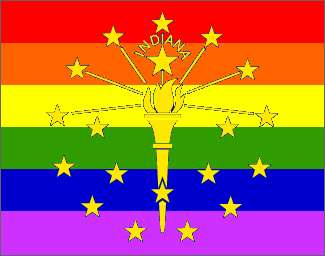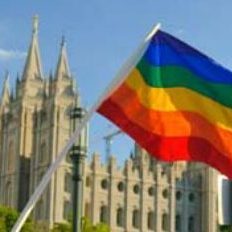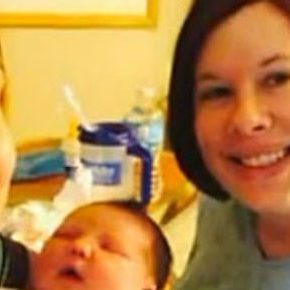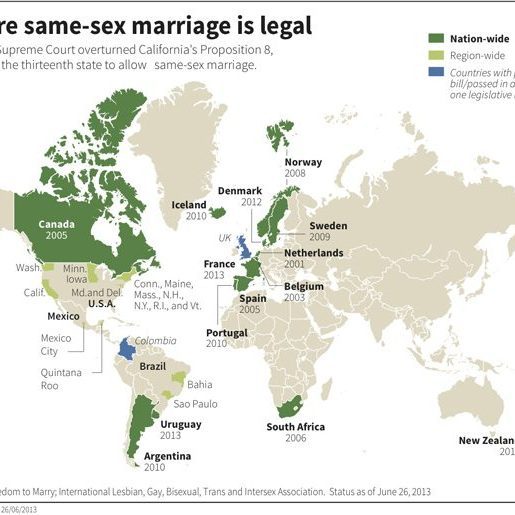 Federal Judge rules Indiana and Utah’s marriage bans unconstitutional.
Federal Judge rules Indiana and Utah’s marriage bans unconstitutional.
U.S. District Judge Richard Young has ruled that Indiana’s state constitutional amendment denying same-sex couples the freedom to marry violates the U.S. Constitution, becoming the latest of more than 20 federal and state judges to rule in favour of the freedom to marry in recent months.
The decision came after a restraining order was issued in April, which ordered the state of Indiana to respect the marriage of a terminally ill woman and her partner, who are parents to two daughters.
With more than 70 marriage cases pending and 59 per cent of Americans backing the freedom to marry, this decision from America’s heartland signals the death knell for the lingering gay marriage bans.
The U.S. Court of Appeals for the Tenth Circuit has also issued a historic ruling affirming the December 2013 decision from U.S. District Judge Robert Shelby in Kitchen v. Herbert that the amendment to the Utah Constitution barring marriage for same-sex couples violates the U.S. Constitution.
In a 2-1 decision authored by Judge Lucero on behalf of a three-judge panel, the court agreed with the low court’s ruling in which Judge Shelby wrote that the ban denies “[Utah’s] gay and lesbian citizens their fundamental right to marry and, in so doing, demean the dignity of these same-sex couples for no rational reason.”
On December 20, 2013, U.S. District Judge Robert Shelby ruled that Utah’s ban on marriage equality is unconstitutional “because it denies the Plaintiffs their rights to due process and equal protection under the Fourteenth Amendment of the United States Constitution.”
“Utah’s ban on marriage equality does nothing to strengthen or protect any marriage,” said Human Rights Campaign (HRC) President Chad Griffin. “Instead, it singles out thousands of loving Utah families for unfair treatment simply because of who they are. Our Constitution does not allow for such blatant discrimination. We are incredibly grateful to the plaintiffs, their attorneys with Magleby& Greenwood, P.C and the National Center for Lesbian Rights, as well as Utah, Unites for Marriage, for their tireless work making today’s historic victory possible.”
Utah now has the option to request an en banc appeal before the full bench of the Tenth Circuit. The Tenth Circuit decides whether or not to grant that request. If denied, the defendants can also appeal today’s ruling to the U.S. Supreme Court. They may also bypass an en banc session and appeal directly to the Supreme Court.
Same-sex couples can legally marry in nineteen states and the District of Columbia, while 31 states have a law or constitutional amendment restricting marriage to the union of one man and one woman.



